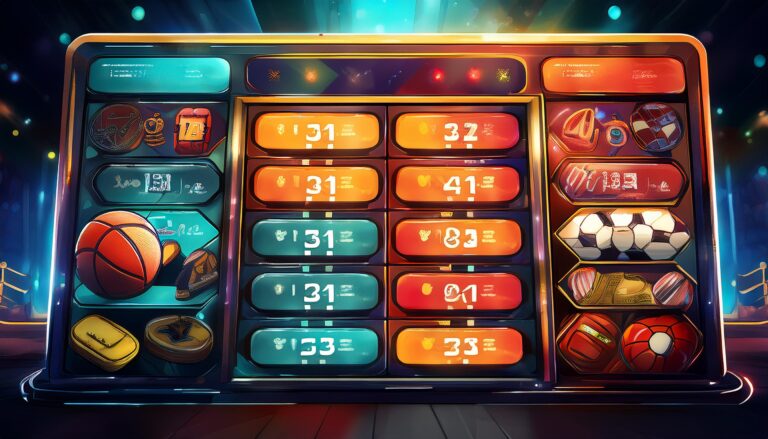Gaming Culture: Shaping Society’s Digital Frontier
Laserbook247, Yolo247 Sign Up: Video games have become a ubiquitous part of modern popular culture, with millions of players around the world engaging in a wide variety of gaming experiences. From console and PC gaming to mobile and virtual reality platforms, video games have permeated all aspects of entertainment and are increasingly shaping the way we communicate, socialize, and consume media.
But how exactly do video games influence popular culture? What impact do they have on our society, our values, and our behaviors? In this article, we will explore the ways in which video games have become a powerful force in shaping popular culture and driving social change.
The Evolution of Video Games
Video games have come a long way since their inception in the mid-20th century. What started as simple pixelated games like Pong and Space Invaders has evolved into complex, immersive experiences that rival Hollywood blockbusters in terms of production value and storytelling. The advent of high-definition graphics, online multiplayer capabilities, and virtual reality technology has transformed video games into a multi-billion dollar industry that continues to grow year after year.
Video Games as Art
One of the key ways in which video games influence popular culture is through their status as a form of art. Just like film, music, and literature, video games have the power to evoke emotions, provoke thought, and spark meaningful discussions. Games like The Last of Us, Journey, and Undertale have been praised for their innovative storytelling, stunning visuals, and emotional depth, earning them critical acclaim and a dedicated fanbase.
Moreover, video games have the unique ability to engage players in ways that other forms of media cannot. Through interactive gameplay, players are able to make choices, solve puzzles, and explore virtual worlds, creating a sense of agency and immersion that is unparalleled in traditional entertainment media.
Video Games and Social Change
Video games have also played a key role in driving social change and challenging prevailing norms and attitudes. Games like Life is Strange, That Dragon, Cancer, and Papers, Please tackle important social issues such as mental health, LGBTQ rights, and immigration, prompting players to confront difficult topics and consider new perspectives.
Furthermore, video games have the power to bring people together and foster a sense of community and belonging. Online multiplayer games like World of Warcraft, Fortnite, and Overwatch enable players from around the world to connect, communicate, and collaborate, forming close friendships and even romantic relationships that transcend geographical boundaries.
Video Games in Mainstream Media
As video games continue to grow in popularity and cultural significance, they have also begun to intersect with mainstream media in new and exciting ways. From film adaptations of popular game franchises like Tomb Raider and Assassin’s Creed to video game-themed merchandise, conventions, and eSports tournaments, video games have become a pervasive presence in popular culture and a driving force in the entertainment industry.
The Future of Video Games
With advancements in technology such as virtual reality, augmented reality, and artificial intelligence, the possibilities for video games are limitless. As video games continue to innovate and evolve, they will play an increasingly important role in shaping popular culture and influencing the way we interact with the world around us.
Conclusion
Video games have become a central pillar of modern popular culture, influencing the way we think, communicate, and engage with the world. From their status as a form of art to their ability to drive social change and foster community, video games have the power to shape our values, beliefs, and behaviors in profound ways. As we look to the future, it is clear that video games will continue to play a key role in shaping the cultural landscape and influencing the way we experience entertainment.
FAQs
1. How do video games influence popular culture?
Video games influence popular culture by shaping the way we think, communicate, and engage with the world. Through their status as a form of art, their ability to drive social change, and their intersection with mainstream media, video games have become a powerful force in shaping cultural values and behaviors.
2. What are some examples of video games that have had a significant impact on popular culture?
Some examples of video games that have had a significant impact on popular culture include The Last of Us, Journey, Undertale, Life is Strange, and World of Warcraft. These games have been praised for their innovative storytelling, emotional depth, and ability to spark meaningful discussions about important social issues.
3. How do video games contribute to social change?
Video games contribute to social change by tackling important social issues such as mental health, LGBTQ rights, and immigration. Games like That Dragon, Cancer and Papers, Please prompt players to confront difficult topics and consider new perspectives, prompting meaningful conversations and driving positive change in society.
“






